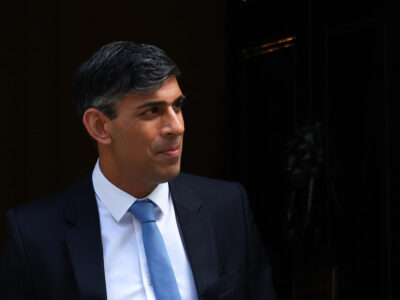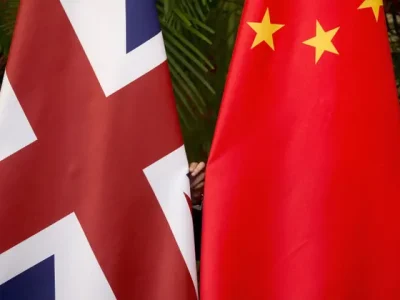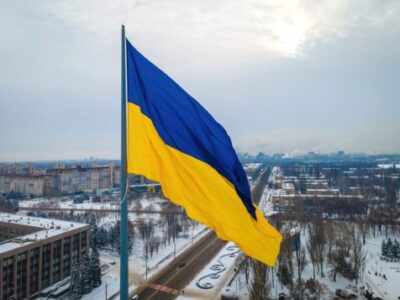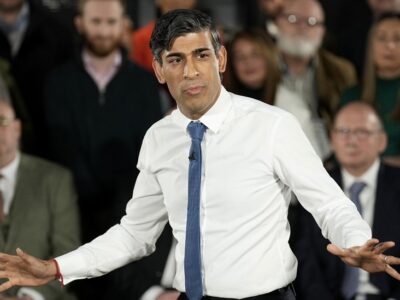Visits in quick succession by UK Prime Minister Boris Johnson and European Commission President Ursula von der Leyen manifest Europe’s keenness to engage India despite the preoccupation with Ukraine. Post-Brexit UK and the EU are in a race to win India’s support. The UK would like to be ahead, but the EU is unrelenting. Foreign Ministers from Austria, Greece and the UK were here too. India’s President visited the Netherlands recently. In May, summits with Germany and the Nordic nations are planned.
Over the past five years, India’s European policy has sought a multipolar world. India’s European engagement is institutionally with the European Union (EU) and with bilateral and plurilateral partners. New Delhi had a successful virtual India-EU summit in July 2020. In May 2021, PM Modi had the first ever ‘India-EU Leaders Meeting’ with all 27 EU countries. A virtual summit with the UK in May 2021, and meetings at the COP 26, at G7 and G-20 in 2021, added to the India-Europe connect.
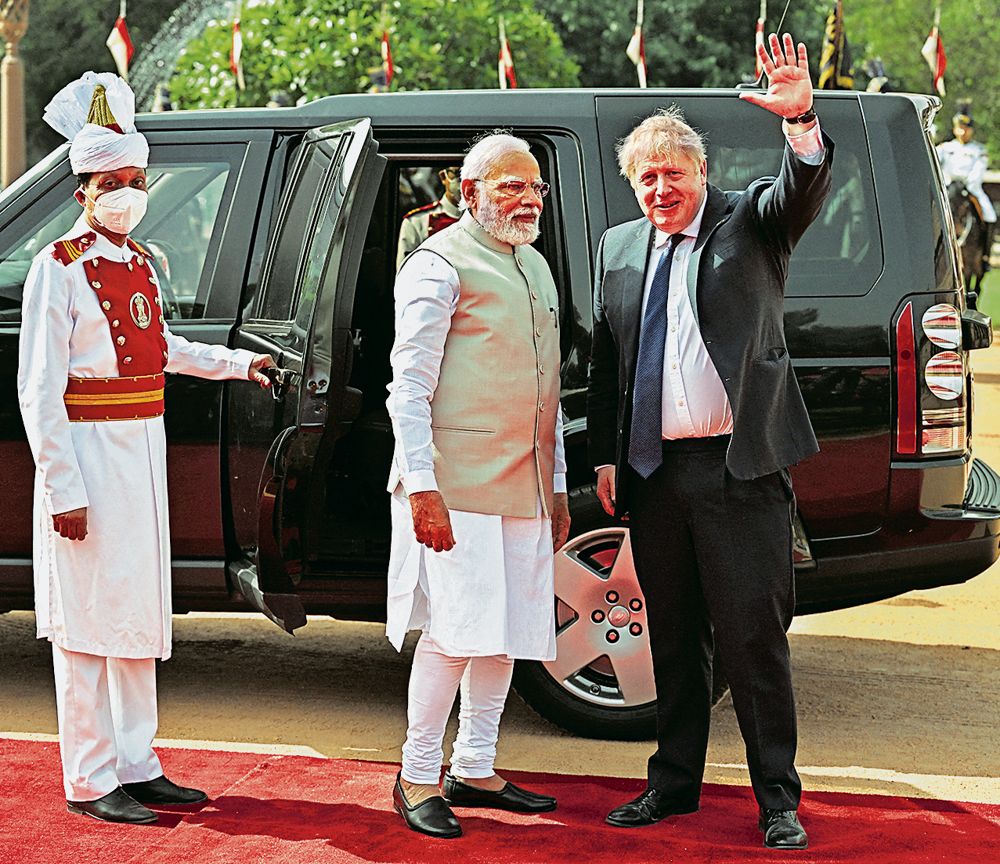
The ‘India-EU Strategic Partnership: A Roadmap to 2025’ guides action for the India-EU strategic partnership. Despite the EU having an Indo-Pacific policy enunciated in April 2021, gaps remained in its outreach to India. The EU was subdued in its criticism of China and it had the only major Indo-Pacific policy which did not target China for its debasement of international rules. With the UK, the ‘2030 Roadmap for India-UK future relations’ is leading to Vision 2047 with shared security and prosperity as the guiding force.
India wants both the UK and EU to deviate from their traditional ambivalence towards an aggressive China and towards terrorism originating from Pakistan. Both the UK and the EU miss the Indian preference. Calling democracies to stand together on Ukraine, and not on China or Pakistan, is hypocritical.
In recent weeks, both the UK and the EU were busy criticising Russia and readjusting their relationship with it due to the Ukraine crisis. The EU and UK put Ukraine at the top of their agenda. The war is clearly a threat to international security; India agrees that it should end but differs with both in their vociferous public condemnation of Russia. That both the UK PM and the European Commission President visited India during the Ukraine crisis shows that the perceived divergence from India on Ukraine is not as deep within the establishment as it seems.
Strategically, India continues to seek an understanding of China, both domestically and internationally. India does not want Chinese transgressions ignored simply because Russia invaded Ukraine. Europe and the UK are expected to demonstrate a realistic global view if they want their Indo-Pacific policies taken seriously.
![]()


